2025冀教版小学六年级英语(上册)电子课本(高清PDF版)
创始人
2025-10-06 15:13:43
0次
2025年学生将迎来新版教材,新教材将更加重视思维和阅读!为了方便广大学生在暑假预习新学期的课本知识,我们整理了2025新冀教版六年级英语(上册)一电子课本,以图片的形式呈现给大家,希望对同学们的暑期学习有所帮助。
以下是部分内容截图,完整信息请查看 PDF 文件
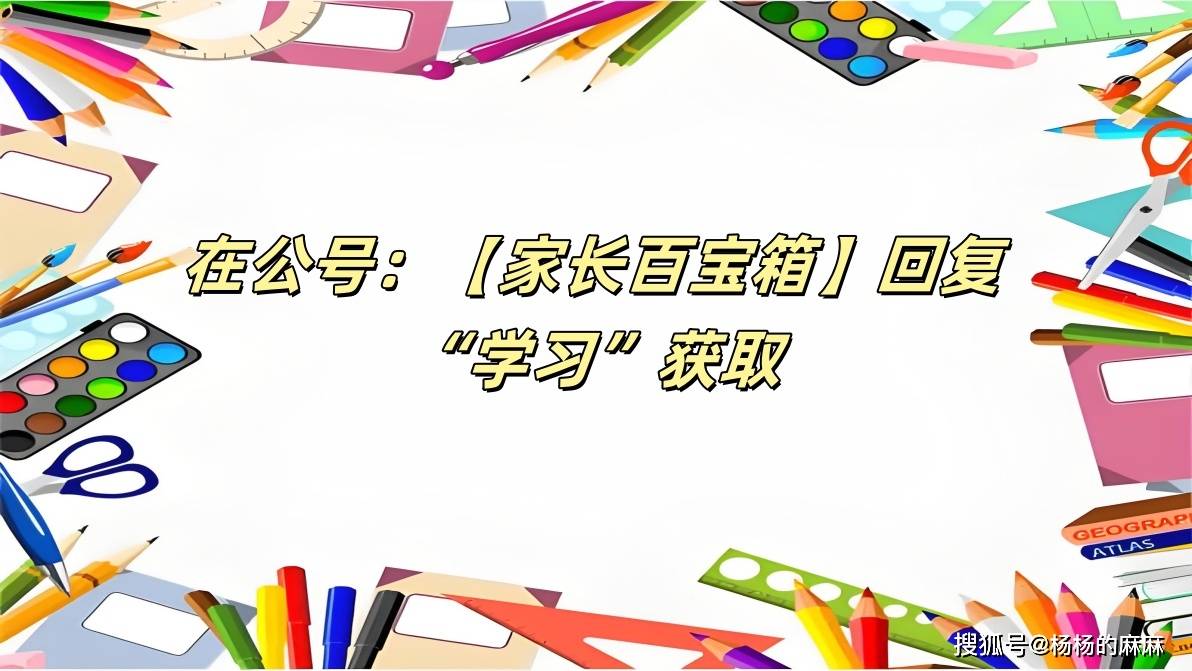
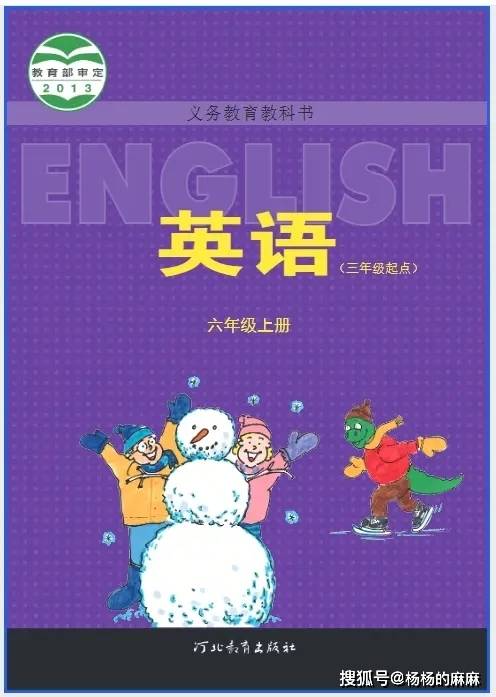
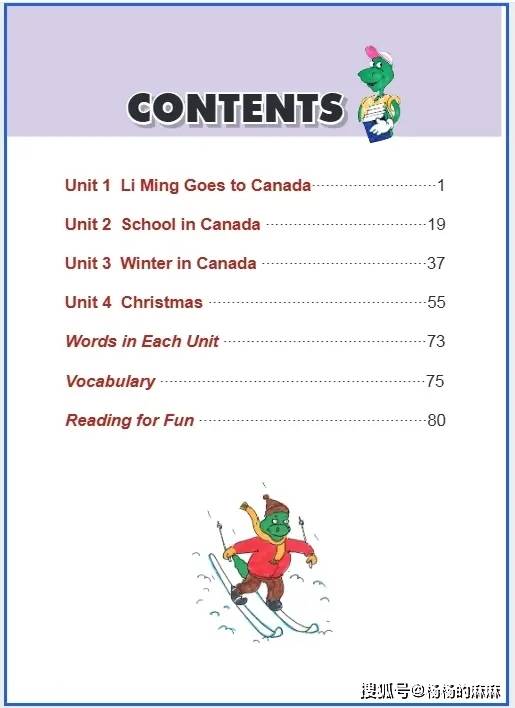
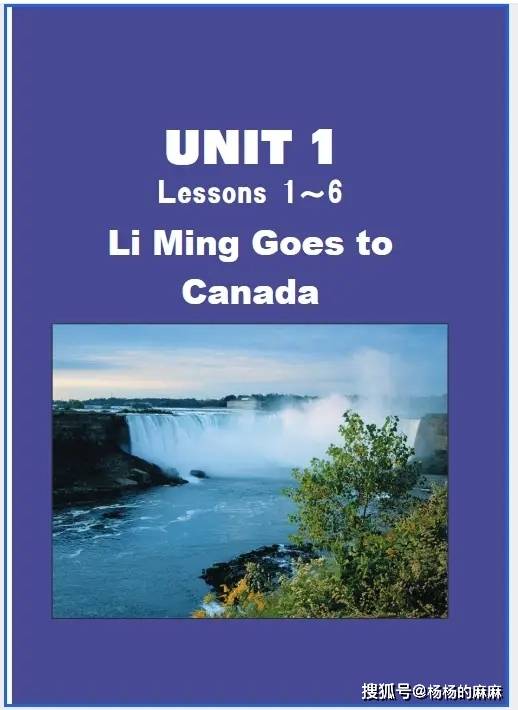
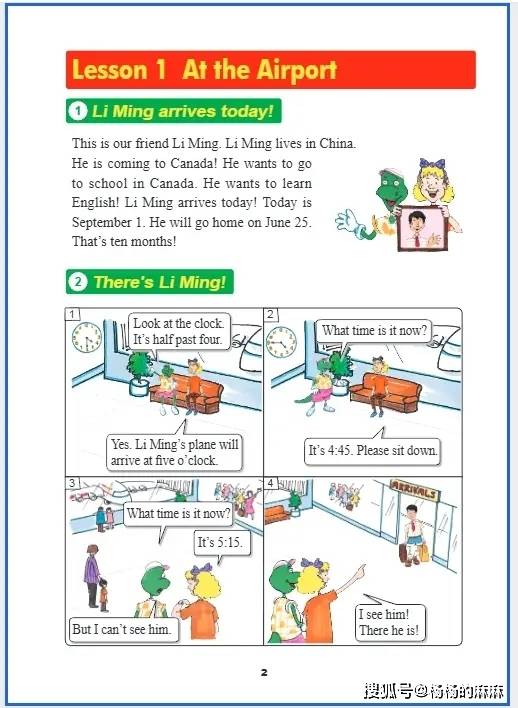

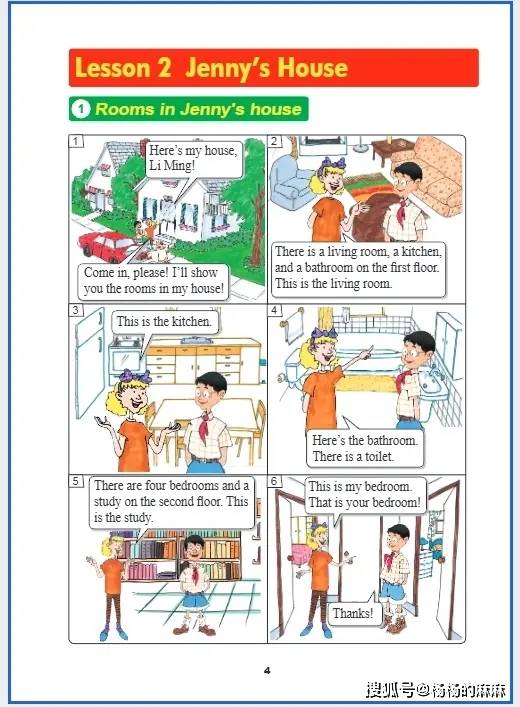
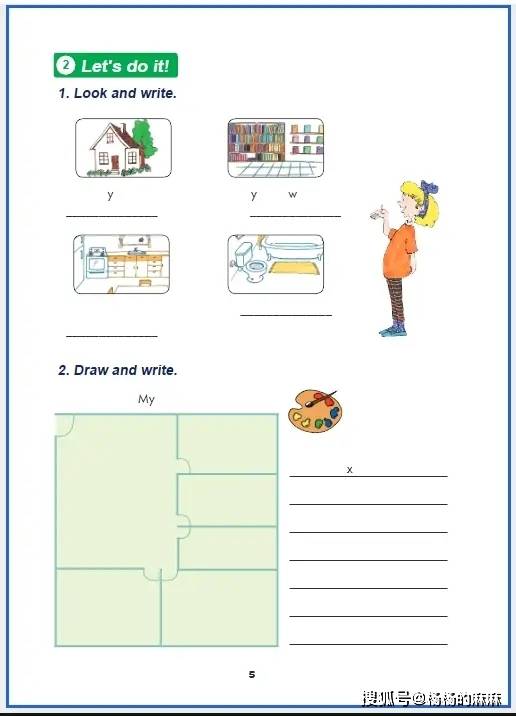
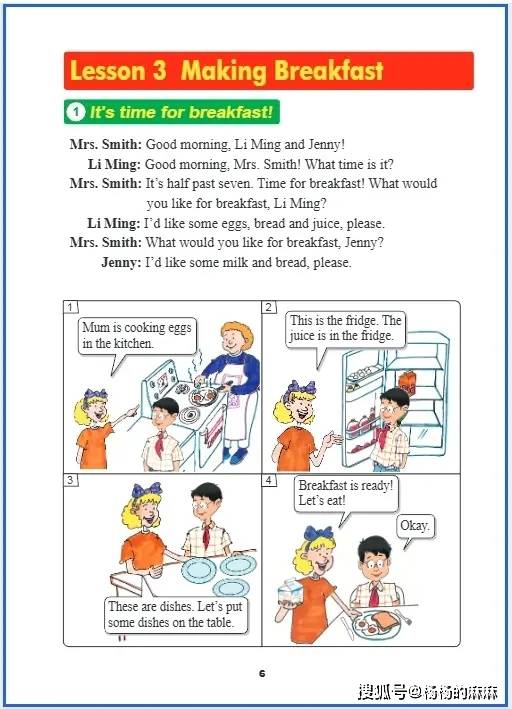
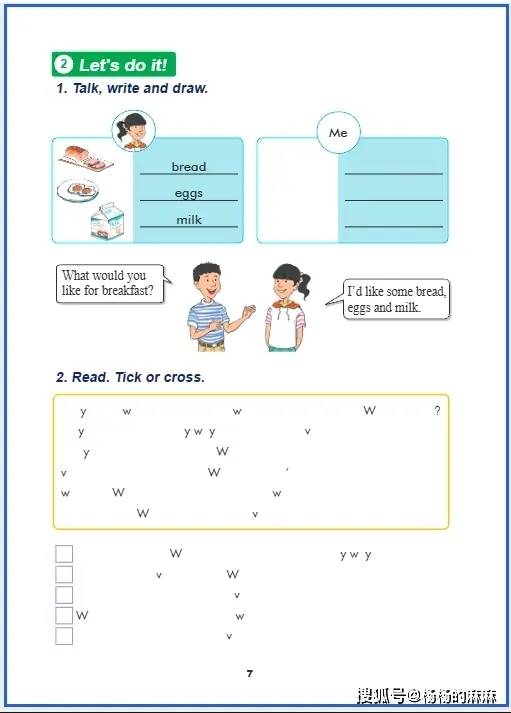
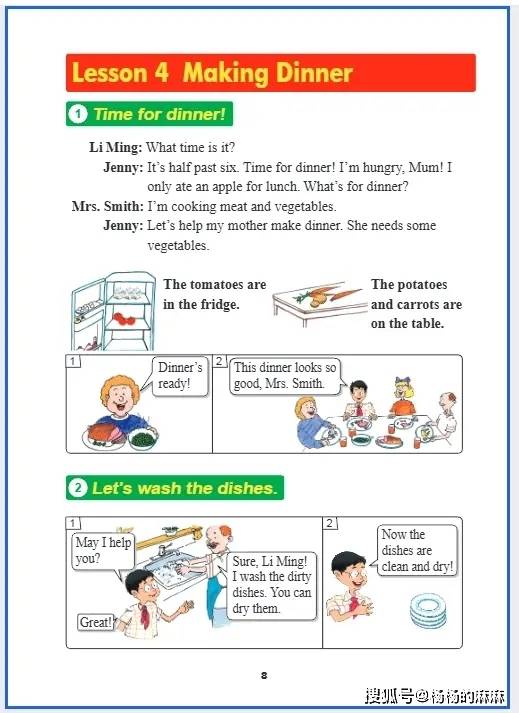
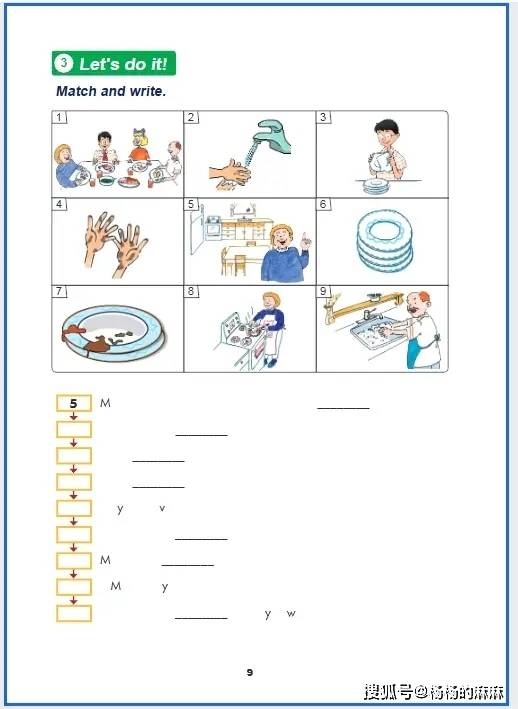
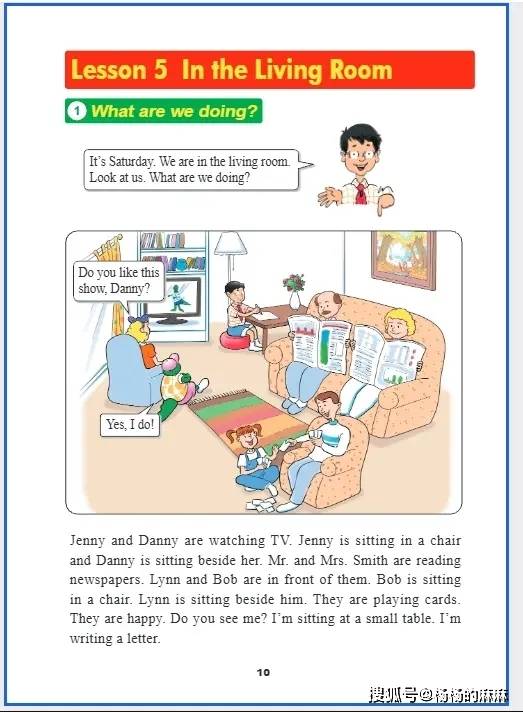
以下结合六年级英语核心单词(涵盖名词、动词、形容词等),围绕学生日常学习、生活场景设计句子,兼顾语法正确性与实用性,可直接用于单词运用练习或写作仿写,帮助巩固单词记忆与句型掌握。
一、人物与职业类单词造句
- His father works as a doctor and he often helps sick people in the hospital.(他的爸爸是一名医生,经常在医院帮助生病的人。)
- My aunt was a teacher before, and she taught English to primary school students.(我的姑姑以前是一名老师,她曾教小学生英语。)
- Tom and his best friend are both students, and they usually walk to school together.(汤姆和他最好的朋友都是学生,他们通常一起步行去上学。)
- The cook in our school canteen makes delicious food for us every day.(我们学校食堂的厨师每天都为我们做美味的食物。)
二、食物与饮料类单词造句
- For lunch, I usually eat a bowl of noodles with some vegetables and a glass of water.(午餐我通常吃一碗加了蔬菜的面条,再喝一杯水。)
- My grandmother likes to make cake for us on weekends, and it tastes very sweet.(我奶奶喜欢在周末给我们做蛋糕,味道非常甜。)
- Do you want to drink a cup of coffee or a bottle of juice after finishing your homework?(做完作业后,你想喝一杯咖啡还是一瓶果汁?)
- We need to buy some apples and pears from the shop because we have no fruit at home.(我们需要从商店买一些苹果和梨,因为家里没有水果了。)
三、学习用品与场所类单词造句
- I always keep my eraser and notebook in my schoolbag so I can use them in class.(我总是把橡皮和笔记本放在书包里,这样上课就能用了。)
- There is a big map of the world on the wall of our classroom, and our teacher often uses it to teach geography.(我们教室的墙上有一张大大的世界地图,老师经常用它教地理。)
- After school, my classmates and I often go to the library to borrow storybooks.(放学后,我和同学们经常去图书馆借故事书。)
- My new pencil-box has many small compartments, so I can put my pens and rulers neatly.(我的新铅笔盒有很多小格子,这样我就能把钢笔和尺子放得整整齐齐。)
四、自然与季节类单词造句
- In autumn, the leaves on the trees turn yellow, and we can see many birds flying to the south.(秋天,树上的叶子变黄了,我们能看到很多鸟儿飞向南方。)
- It often snows heavily in winter in my hometown, and we can play snowball fights outside.(我的家乡冬天经常下大雪,我们可以在外面打雪仗。)
- The lake near our park is very clear, and we can see small fish swimming in it on sunny days.(我们公园附近的湖很清澈,晴天时能看到小鱼在里面游。)
- When spring comes, the wind becomes warm, and flowers start to bloom in the garden.(春天来临时,风变得暖和了,花园里的花也开始绽放。)
五、动词类单词造句
- Lucy likes to read English stories every evening, and she can tell them to her little sister now.(露西喜欢每天晚上读英语故事,现在她还能把故事讲给妹妹听。)
- My father usually takes us to the zoo on Sundays, and we can see tigers and pandas there.(我爸爸通常在周日带我们去动物园,我们在那里能看到老虎和熊猫。)
- Please close the window before you leave the classroom, because it may rain this afternoon.(离开教室前请关上窗户,因为今天下午可能会下雨。)
- They want to learn how to swim this summer holiday, so they will go to the swimming pool every weekend.(他们想在这个暑假学游泳,所以每个周末都会去游泳池。)
六、形容词类单词造句
- The small cat has big eyes and short legs, and it looks very cute.(这只小猫有大大的眼睛和短短的腿,看起来很可爱。)
- Our new classroom is bright and clean, and we all like studying in it.(我们的新教室又明亮又干净,大家都喜欢在里面学习。)
- My little brother is young but very strong, and he can carry a small box of apples.(我的小弟弟年纪小但很强壮,他能搬动一小箱苹果。)
- The old man in our neighborhood is very kind, and he often helps children cross the street.(我们小区里的老爷爷很和蔼,他经常帮小朋友过马路。)
这些句子覆盖了六年级核心英语单词,且场景贴近学生日常,既能帮助巩固单词含义,又能熟悉常用句型结构。练习时可尝试替换句中的核心单词(如将 “apples” 换成 “bananas”),进一步提升单词灵活运用能力,为英语写作和口语表达打下基础。
相关内容
最新资讯
九科齐!浙江高一高二高三10月...
浙南名校 参与学校:温州中学、温州第二高级中学、瓯海中学、永嘉中学、乐清中学、瑞安中学、平阳中学、苍...
重磅!2027高考不分文理!
2025年3月13日,新疆教育考试院发布重磅消息:从2024年秋季入学的高一学生开始实施高考综合改革...
只吃水果的波兰女子去世前体重仅...
10月6日,27岁波兰 #只吃水果女子去世前体重仅44斤# 登上热搜,引发关注。据报道,该女子坚持仅...
同样是谍战剧,看完《守护者们》...
近期,荧幕上两部谍战剧《守护者们》与《沉默的荣耀》先后播出,《守护者们》由张一山、韩东君主演,阵容偏...
哈佛教授:特朗普政府的十大外交...
【文/哈佛大学国际关系学教授斯蒂芬·沃尔特,翻译/鲸生】不妨承认吧:飞机坠毁或大楼爆破的视频总能轻易...
南京市建邺区南苑幼儿园举办中秋...
在国庆、中秋双节即将到来之际,南京市建邺区南苑幼儿园于9月29日开展了一场以“小小中国娃,浓浓民族情...
共赏中秋月色共听城市新声 东方...
东方网记者王珂然10月6日报道:今晚19:30,东方卫视《朤月东方·滴水映月夜》中秋晚会将如期亮相。...
精研真题明方向 | 德清求是高...
在语文、数学、日语学科高考真题研讨会成功举办的基础上,德清县求是高级中学国美部近日完成了英语、政治、...
陈震再次道歉
“知名汽车博主陈震开劳斯莱斯闪灵发生车祸”一事持续引发关注。南都N视频记者注意到,10月5日晚,陈震...
十一带孩子出去,一定要让他自己...
国庆小长假过半,大家都去哪儿玩了? 这些年,我也带孩子去过一些地方,我越来越发现假期最大的意义或许不...
